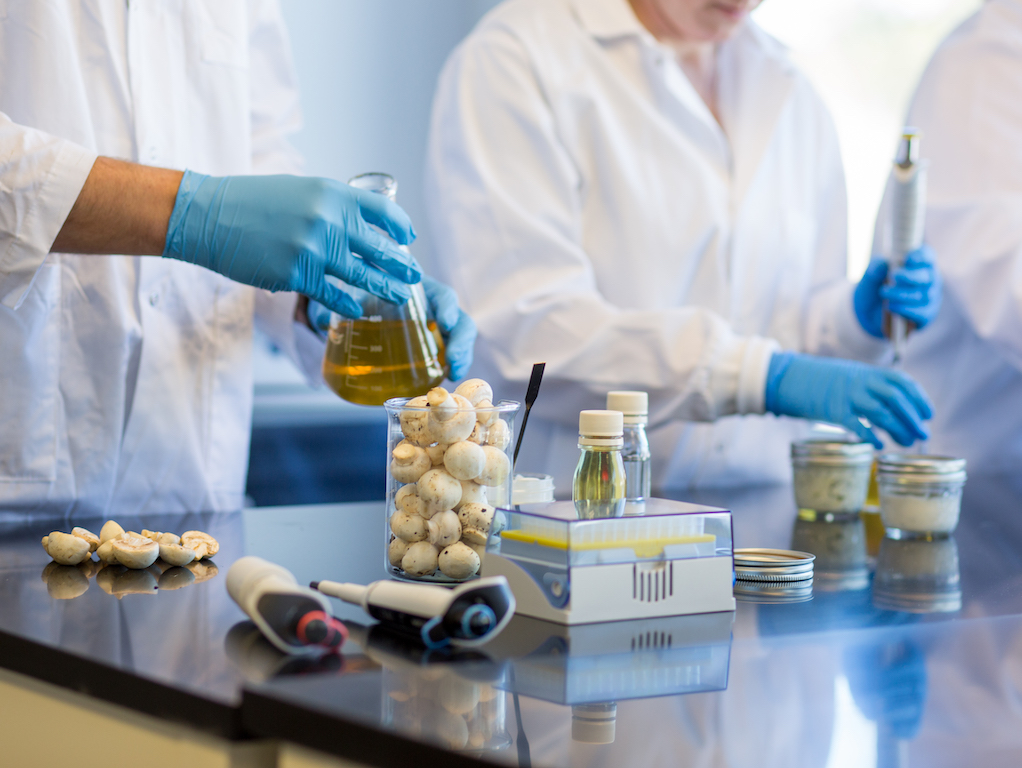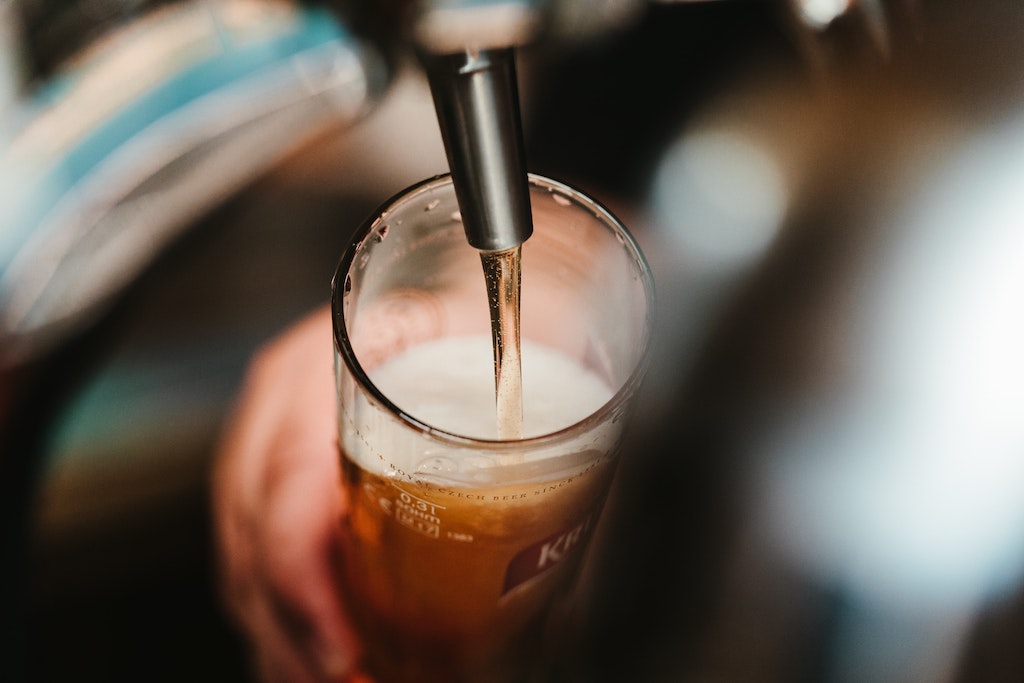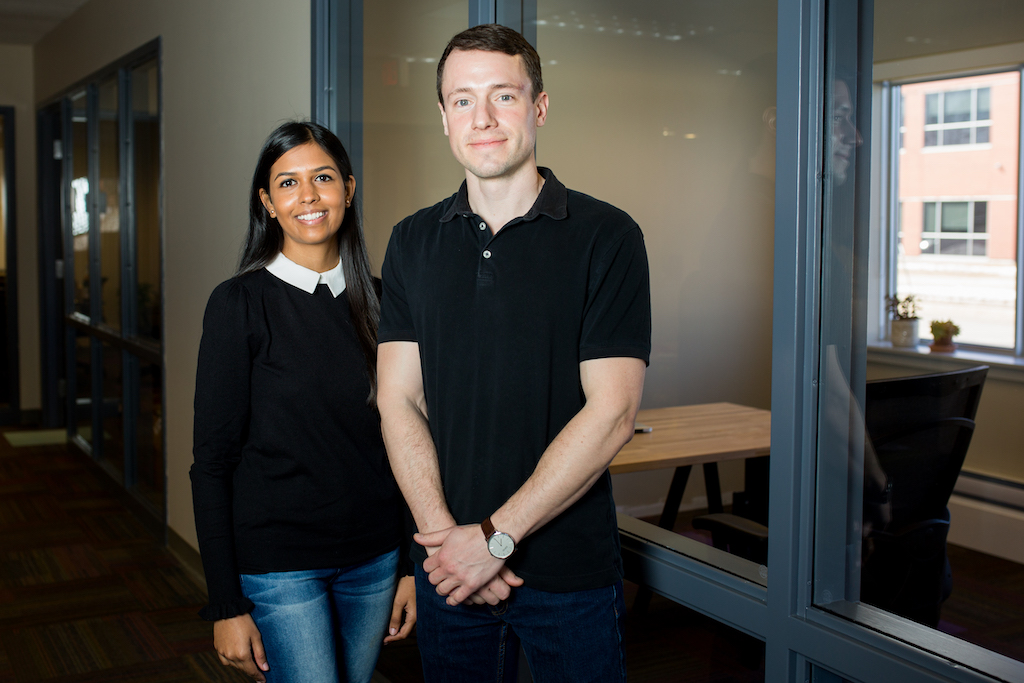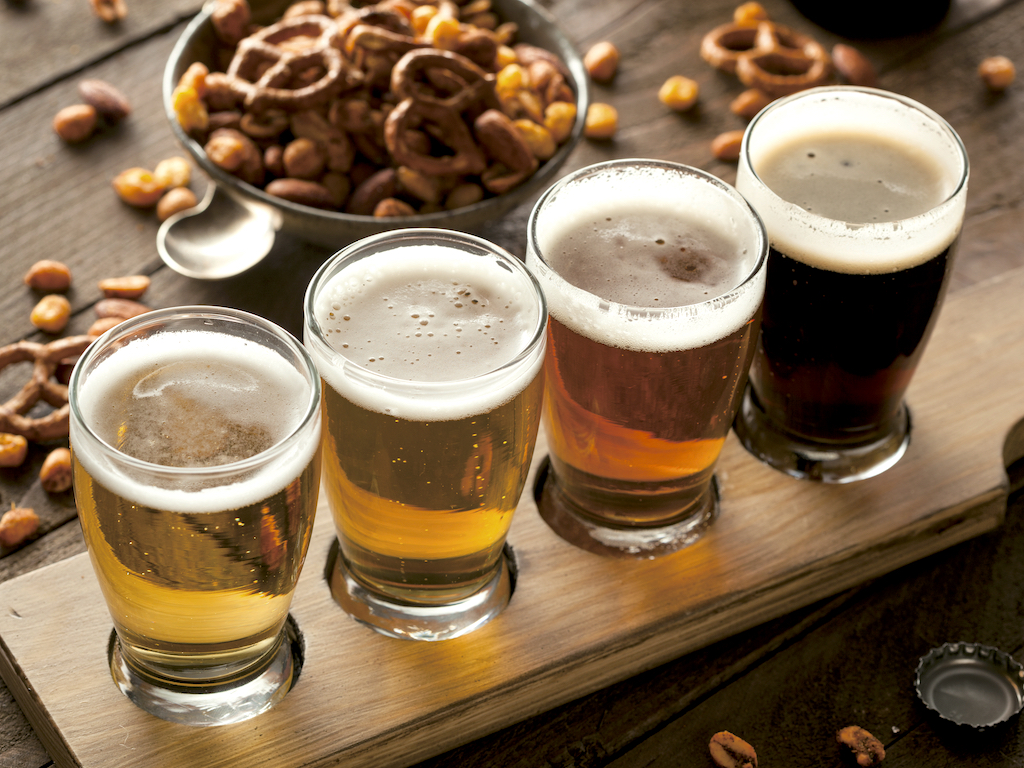3 Mins Read
It’s not common knowledge, but not all beers out there are vegan. Some brands use finings in the brewing process that are derived from animals, making the final product not 100% free from animal byproducts and therefore unsuitable for vegans. But now, researchers are exploring how upcycled mushrooms can help create animal-free fining agents to make beer vegan-friendly, while also fighting food waste.
Partnering up with startup Chinova Bioworks, the innovation arm at the Collège Communautaire du Nouveau Brunswick (CCNB) in the Canadian province of New Brunswick are now exploring the use of white button mushrooms as a rapid fining agent for breweries. This research collaboration, which is supported by the nonprofit New Brunswick Innovation Foundation, will be leveraging Chinova’s proprietary upcycled mushroom fibre.
Mushroom fining agent

Chinova is a startup currently making sustainable plant-based and natural ingredients using upcycled white button mushrooms. Its flagship product, Chiber, works as a vegan, non-GMO and allergen-free preservative and has been extracted from the stems of mushrooms that would otherwise go to waste.
Now, with CCNB researchers, Chiber plans to deploy its proprietary white button fibre technology to be used as a fining alternative to commonly used animal-based agents in breweries, such as fish swim bladders or isinglass, gelatin, glycerin or casein.
Other animal-based ingredients used to filter alcohol products include pepsin, which comes from the stomach enzymes of pigs, or chitin from crustacean shells or carmine, from insects.
“Alcoholic beverages, particularly beer, are plagued with the use of animal derived and synthetic ingredients, and we believe we can make a big impact here with Chiber,” commented the startup’s co-founder and COO David Brown.
More mushroom benefits

According to Chinova, the use of its Chiber technology could come with additional advantages on top of vegan-friendly and using up food waste.
The company’s early tests show that Chiber works around 8-times faster when it comes to settling yeast in the post-fermentation stage, and can even potentially add in “residual antimicrobial benefits” to make beer longer-lasting.
At the moment, the startup is actively looking for partners to test the product before plans for a market launch within the first quarter of 2022.
Plant-based demand on the rise
The announcement comes amid a surge in demand for plant-based products, driven by consumer awareness over health, sustainability and animal welfare. This demand has propelled sales within the plant-based meat and dairy industry, but shoppers are looking for alternatives across all food categories—alcohol included.

It has even prompted beer giants like Guinness to ditch isinglass and all other animal-derived ingredients from its filtration process, while celebrities jump on the bandwagon too, with the likes of Cameron Diaz starting her own vegan wine brand Avaline.
“People are searching for vegan and plant-based options for every aspect of their lifestyle,” said Brown. “So we are committed to innovating and providing sustainable solutions based off our white button mushroom fiber technology.”
Before being incorporated into beer, Chiber has been used in a wide range of F&B applications, including vegan meat and dairy alternatives, as well as in sauces and condiments. The company recently ramped up its production capacity to keep up with the growing numbers of food producers looking to formulate clean label, natural and vegan products to keep up with consumer trends.
Lead image courtesy of Chinova Bioworks.




